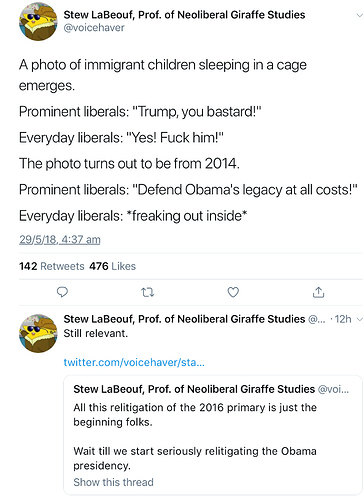JK: Yes. Appendix M is still on the books.
JS: What Human Rights First is saying that it creates conditions where an interrogator could inflict serious physical and mental anguish on a detainee, what are they talking about?
JK: They’re talking about torture, or a lesser type of torture, so-called cruel inhumane and degrading procedures, these are definitions in the Convention against Torture. And in that document, which the U.S. signed, they said that torture was any type of severe pain or suffering that was inflicted to obtain information, confession, or inflict punishment.
But in the Army Field Manual itself, it mentions that the key has to do with “eliminating the source’s free will” — in other words, you’re breaking down individuals physically and emotionally. And as a psychologist, albeit now retired, I can tell you that the separation between physical and mental torture is really quite obscure, because whatever happens to you physically affects you psychologically and emotionally, and whatever happens to you psychologically or emotionally also affects you physically.
For instance, the use of isolation, which is still used, by the way, in the United States in many prisons, induces not just psychological regression, depression and cognitive breakdown, but it induces literally shrinkage of brain tissues. It affects people physically. Causes high levels of cortisol, stress, kidney problems, heart problems. I mean, so this is physical and psychological anguish inflicted on prisoners. Sleep deprivation does similarly.
And then finally, the knowledge that one is being tortured, that one has no power — the Field Manual explicitly states that it is meant to induce feelings of futility and hopelessness in prisoners. And one of the ways they did this, I found in documents, was the so-called music futility technique, the blasting of loud music 24 hours a day, kind of driving people insane.
Our sensory apparatus is part of our physical bodies and it is affected by the sense of touch and how that sense of touch, when it’s loving, induces powerful feelings in a person and when that sense of touch is threatening, it also produces powerful and negative experiences within the person that are traumatic. And the Army Field Manual’s Appendix M is quite clear that its import is to prolong trauma, to prolong what they call “the shock of capture,” and to induce compliance and take away the will of individuals.
And the United Nations Committee against Torture, in 2014, did its investigations on various countries’ compliance with the treaty against torture and when it came around last to the United States, it pointed out and said: You know, Appendix M is inducing psychosis in people. We have real questions about what you’re doing with isolation, and sleep deprivation is actually amounting to torture.







